About the Kaufman Group
In the Spotlight
The U.S. Department of Energy (DOE) has announced a $625 million investment to advance the next phase of the National Quantum Information Science Research Centers, a cornerstone of the National Quantum Initiative. This funding will support five centers dedicated to accelerating quantum technologies that promise transformative impacts on science, industry, and national security. JILA is proud to remain a key partner in QSA through the Q-SEnSE Center, which focuses on quantum sensing and precision measurement.
Read More
JILA Fellow, National Institute of Standards and Technology (NIST) Physicist and University of Colorado Boulder physics professor Dr. Adam Kaufman has been awarded the prestigious Presidential Early Career Award for Scientists and Engineers (PECASE). President Joe Biden announced that this accolade represents the highest honor conferred by the U.S. government to early-career scientists and engineers who exhibit extraordinary potential and leadership in their respective fields. Kaufman’s groundbreaking contributions to quantum science have cemented his place among nearly 400 recipients recognized for their innovative research and commitment to advancing scientific frontiers.
Read More
JILA Address
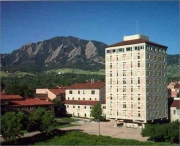 We are located at JILA: A joint institute of NIST and the University of Colorado Boulder.
We are located at JILA: A joint institute of NIST and the University of Colorado Boulder.
Map | JILA Phone: 303-492-7789 | Address: 440 UCB, Boulder, CO 80309


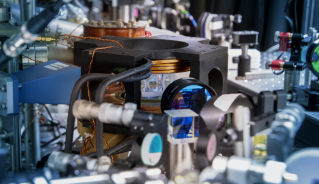
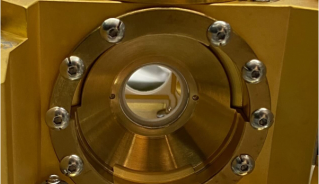
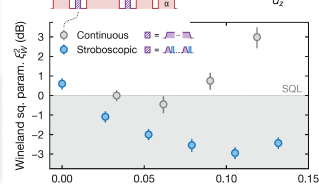
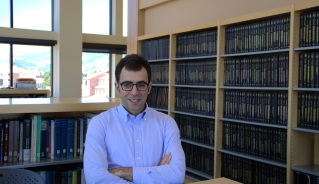
 The Physics Frontiers Centers (PFC) program supports university-based centers and institutes where the collective efforts of a larger group of individuals can enable transformational advances in the most promising research areas. The program is designed to foster major breakthroughs at the intellectual frontiers of physics by providing needed resources such as combinations of talents, skills, disciplines, and/or specialized infrastructure, not usually available to individual investigators or small groups, in an environment in which the collective efforts of the larger group can be shown to be seminal to promoting significant progress in the science and the education of students. PFCs also include creative, substantive activities aimed at enhancing education, broadening participation of traditionally underrepresented groups, and outreach to the scientific community and general public.
The Physics Frontiers Centers (PFC) program supports university-based centers and institutes where the collective efforts of a larger group of individuals can enable transformational advances in the most promising research areas. The program is designed to foster major breakthroughs at the intellectual frontiers of physics by providing needed resources such as combinations of talents, skills, disciplines, and/or specialized infrastructure, not usually available to individual investigators or small groups, in an environment in which the collective efforts of the larger group can be shown to be seminal to promoting significant progress in the science and the education of students. PFCs also include creative, substantive activities aimed at enhancing education, broadening participation of traditionally underrepresented groups, and outreach to the scientific community and general public.